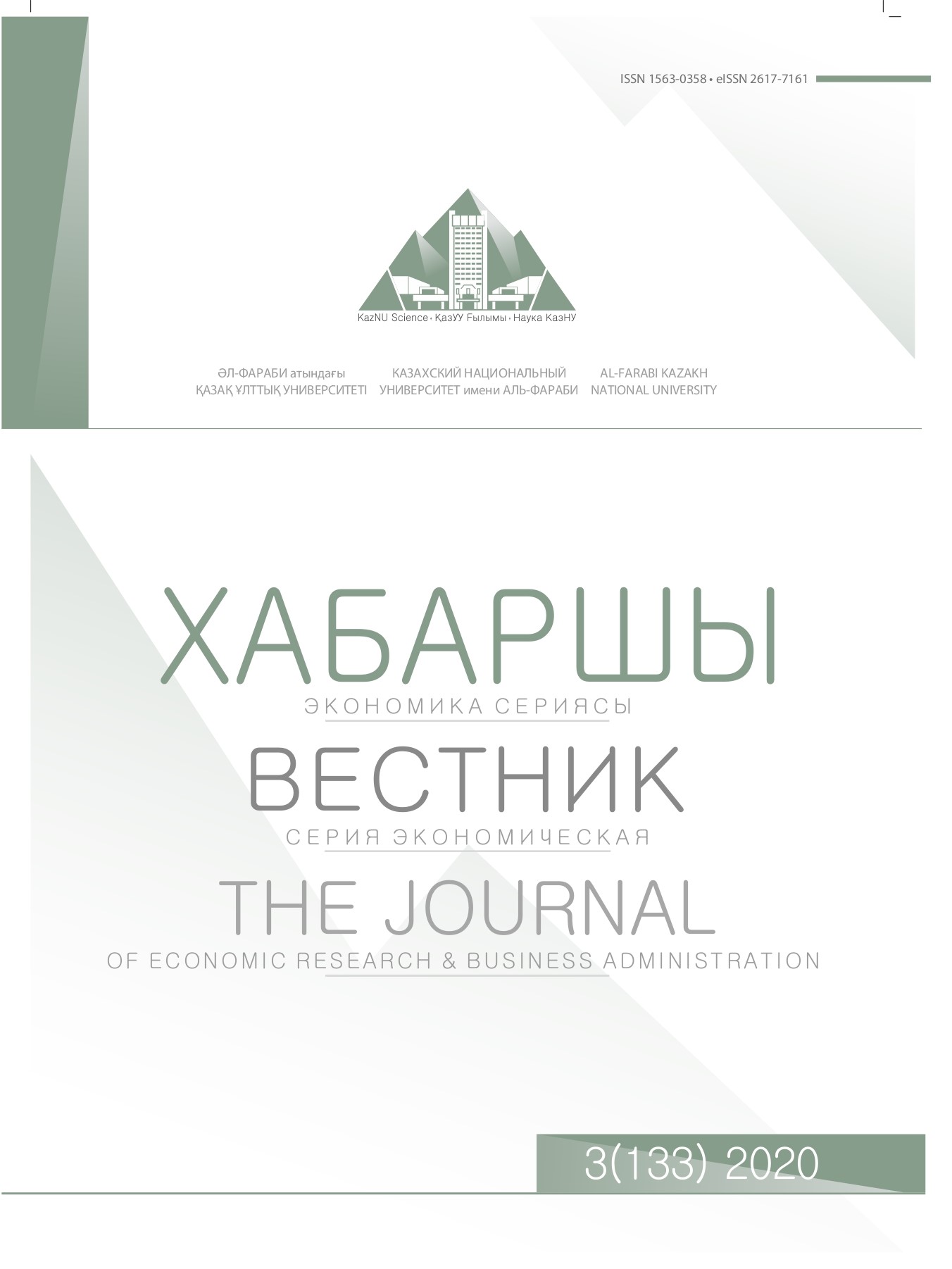Competencies of an innovation manager: methodological aspects of the maturity level and development program making
DOI:
https://doi.org/10.26577/be.2020.v133.i3.06Abstract
The article reflects the methodological aspects of diagnosing the level of formation of competencies
of the manager of innovative activity. The article discusses the competencies of the managerial profession
– working at the average managerial level and engaged in innovative activities. An approach to the
formation of a model of competencies of the manager of innovation in the form of an ordered list of five
groups: professional, functional, digital, sociocultural and cognitive competencies are proposed. The
methodology was tested on the example of a focus group of managers of innovative activities of the cities
of Nur-Sultan and Almaty. A matrix of ranking the competencies of the managers of innovation has
been developed, which allows determining the priorities for the development of competencies according
to the criteria of importance and problem. Criteria for choosing teaching methods and developing
competencies (the number of trainees, practical orientation, level of preparedness, level of educational
motivation and cognitive activity, cost and duration of training) are determined. The characteristic of
the most common methods is given and an algorithm is proposed for choosing the method of training
and developing the competencies of the manager of innovation according to the selected criteria. The
results of the study show that the important functional competencies of innovative activity among the
respondents fell into the category of «lagging behind» and the degree of formation of most professional
competencies is not at the proper level of development.













